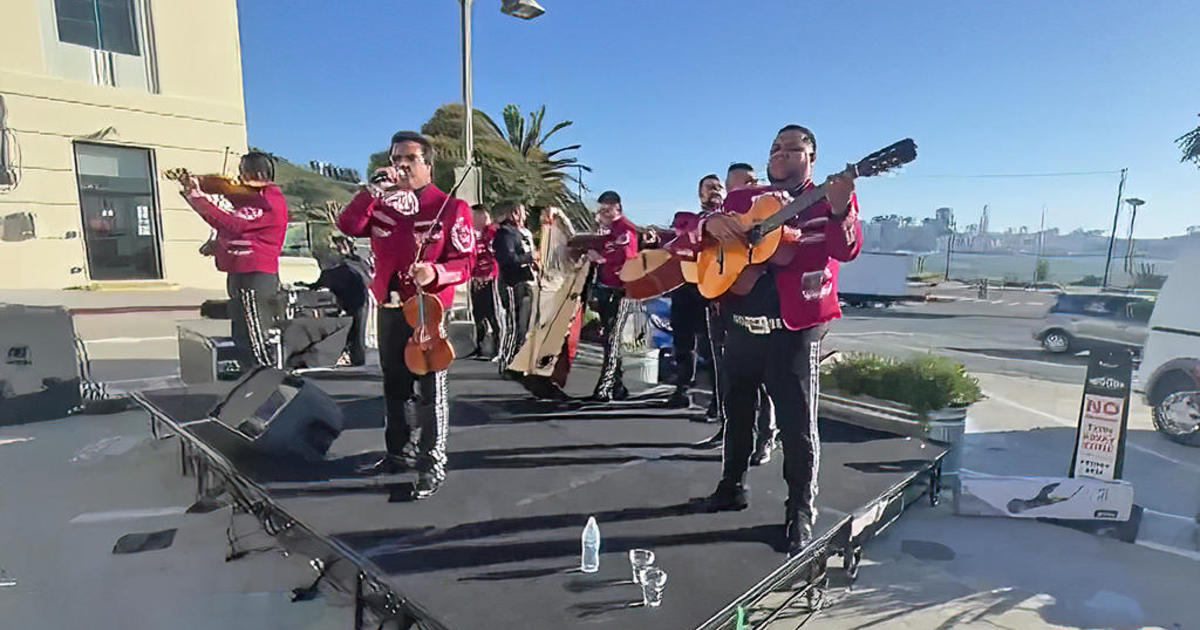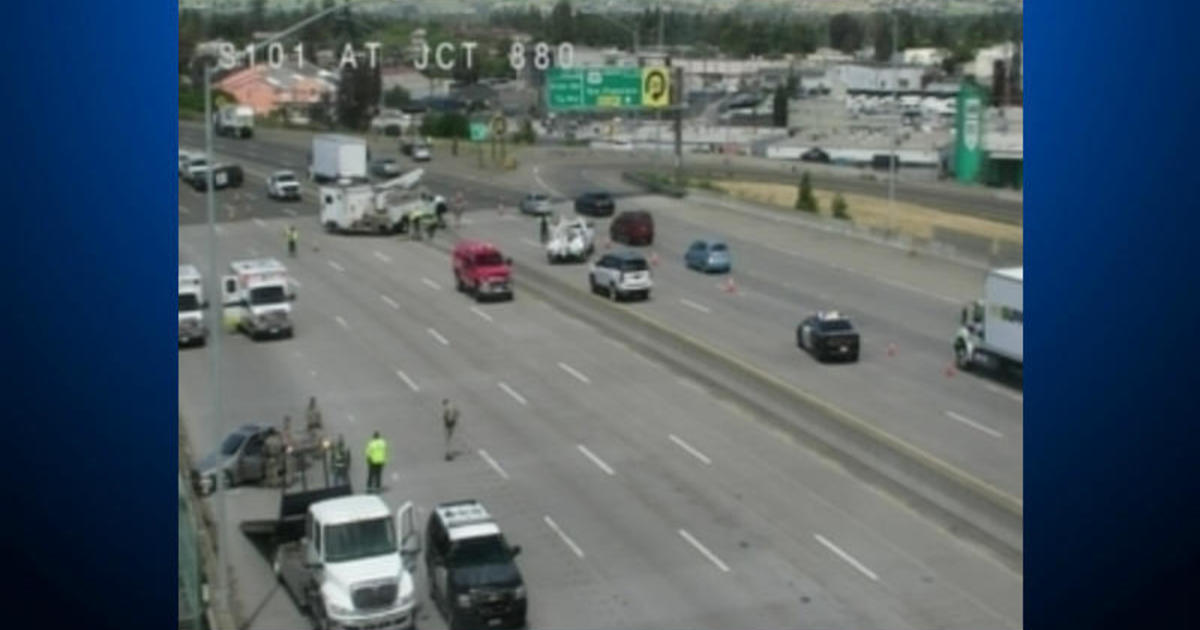Spare The Air issued as heatwave comes to Bay Area, PG&E warns of possible outages
SAN FRANCISCO (CBS SF/BCN) – Meteorologists forecasted a heatwave coming this weekend, prompting PG&E to warn its customers that the excessive heat could contribute to power outages.
The peak heating anticipated this week will occur on Friday and will translate to surface temperatures in the upper 90s to around 103 degrees for interior areas away from the coast/bays, according to the National Weather Service.
A heat advisory remains in effect for Friday across interior portions of the North Bay, East Bay, South Bay, Santa Cruz Mountains and interior Central Coast.
The Bay Area Air Quality Management District issued a Spare The Air alert at 11 a.m. Thursday in anticipation of the incoming heat. The alert asks that drivers limit their time in their cars to prevent unhealthy ozone or smog accumulation in the Bay Area.
In addition to the hot daytime temperatures, overnight lows will only cool into the mid/upper 60s to mid 70s in the region`s higher elevations.
"People who live in the hills should also be aware that overnight lows will be mild too, providing little to no relief from the heat," the NWS reported.
PG&E spokesperson Tamar Sarkissian said in an email that this could be an "all-hands on deck event," and said crews will be out and ready to respond to heat-related outages.
Sarkissian said the statewide utility manager, California Independent System Operator, could make the determination to issue a "flex alert," which is a notice to encourage customers to voluntarily reduce power consumption.
According to CAISO, most flex alerts occur in the evening hours when solar energy is less available and many residents are returning home and using more electricity.
Sarkissian said transformer failure is the main cause of outages during excessive heat. Transformers help distribute power from the grid to homes and businesses, and require time to cool down, especially at night, she said. When temperatures stay high overnight, the components in the transformers can become overheated and fail.
Transformers can fail more often in coastal areas with more moderate average temperatures, because many inland areas have equipment designed to handle hotter weather.
If the power does go out, PG&E officials recommend having a fully charged cellphone, as well as flashlights, radios, and batteries nearby. People should unplug all electronics besides one lamp to alert when the power is back on, and then turn appliances on one-by-one when the power is restored.
The utility also recommends that residents place extra ice inside their freezer and refrigerator and keep the doors closed; and that they make sure any generator is installed by a licensed professional.
PG&E crews receive regular heat safety tips, especially before working during a heat event, according to Sarkissian. Co-workers are trained in first aid and monitor each other for signs of heat exhaustion, cramps, or stroke. Crews are to stop working if they recognize these signs.



